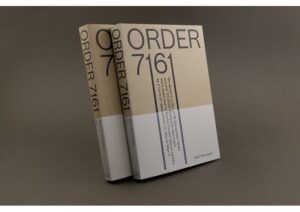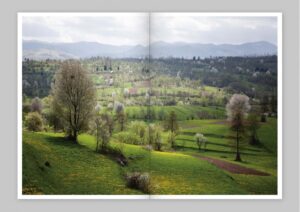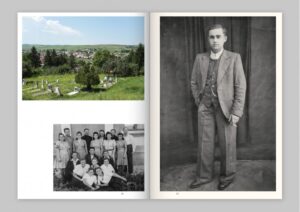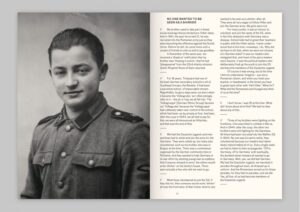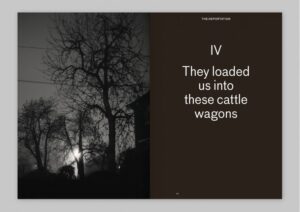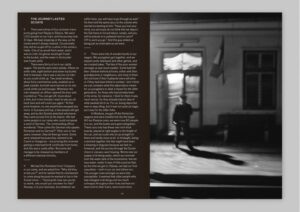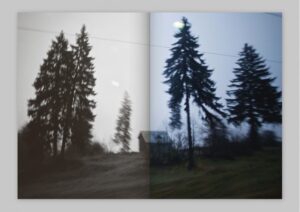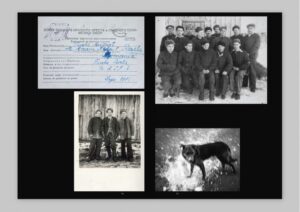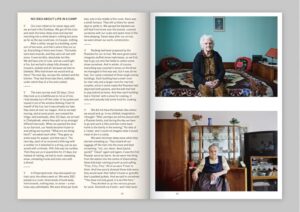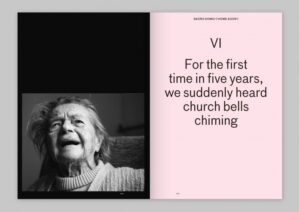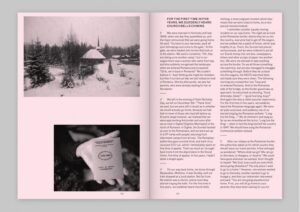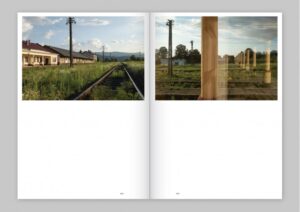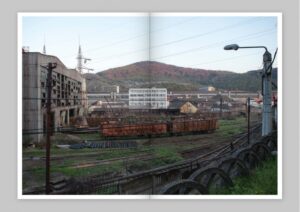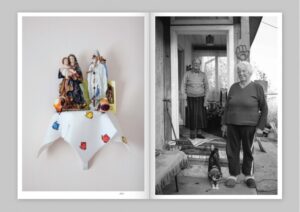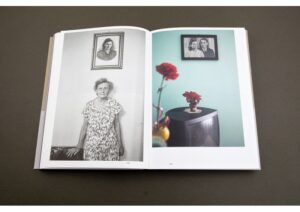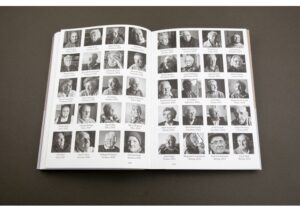ORDER 7161
Language: English or German edition
Concept and photography: Marc Schroeder
Text: Dr. Heinke Fabritius, Marc Schroeder
Design: Rob van Hoesel
Supported by: Romanian Cultural Institute, National Cultural Fund of Luxembourg
On 16 December 1944 Stalin signed Order 7161ss, the secret command to “mobilise and detain all Germans capable of working, including men aged 17 to 45 years and women 18 to 30 years” from Romania, Hungary, Yugoslavia, Bulgaria and Czechoslovakia. Their subsequent deportation to forced labour camps was intended to help reconstruct the Soviet Union and was a form of reparations for the destruction caused by the Second World War. A total of 112,480 men and women were deported. The majority of them – 69,332 individuals – were Germans from Romania. Many deportees died from the harsh labour conditions in freezing temperatures and from insufficient nutrition. All those who had survived the hunger and misery were released in late 1949.
ORDER 7161 is a photo-text book by the Luxembourg photographer Marc Schroeder; throughout its chapters, it recounts the story of the deportation of Romanian Germans via a combination of witness portraits, archival and contextual images and lays bare the trauma of forced internment via an important selection of recorded testimonies by 40 survivors.
Meeting and photographing the survivors was a ‘last chance’ endeavour; many of the deportees Schroeder met were among the youngest in 1945 and most have, since their meeting, passed away. Apart from capturing the individual deportees’ memories about their forced internment, the encounters with survivors also enabled Schroeder to gain an insight into the German minority’s collective ‘cultural memory’ of this injustice and simultaneously to explore the delicate concept of ‘victimhood’ from the perspective of Germans with respect to World War II history.
Ultimately, this thought-provoking book not only bears witness to an often overlooked chapter of European history, but also stands as testimony to the meeting between photographer and each former deportee and reflects the empathic nature of their encounter and exchange.
In 2019, the dummy book was nominated for both the Luma Rencontres Dummy Book Award (Arles) and the Unseen Dummy Award (Amsterdam).
Including an epilogue by Dr. Heinke Fabritius.

